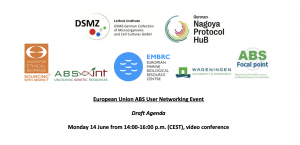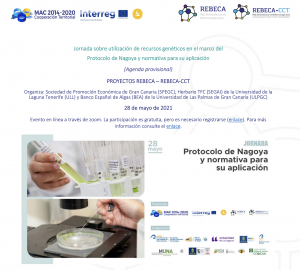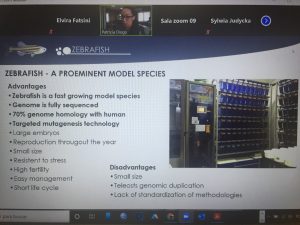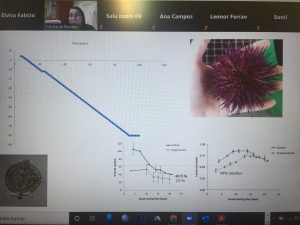On Monday, June 14, 2021, the Leibniz Institute DSMZ/German Nagoya Protocol HuB will be hosting an online EU ABS Networking Event. This meeting will be organized together with the European Marine Biological Resource Centre (EMBRC), the Union for Ethical BioTrade, ABS-int, the Dutch ABS National Focal Point (hosted by Wageningen University and Research) and the Natural History Museum London.
Our colleague and EBB partner Anne Emmanuelle Kervella, from CNRS and Station Biologique de Roscoff, will participate in this event. The event´s main objective will be to showcase the efforts made in the European Union to support users of genetic resources in their respective sectors or regions with access and benefit-sharing (ABS) and compliance requirements. It will be divided into two parts: one to find out what has already been done and the other to find out what still needs to be done.

You can check out the draft agenda here and you can register online here.



